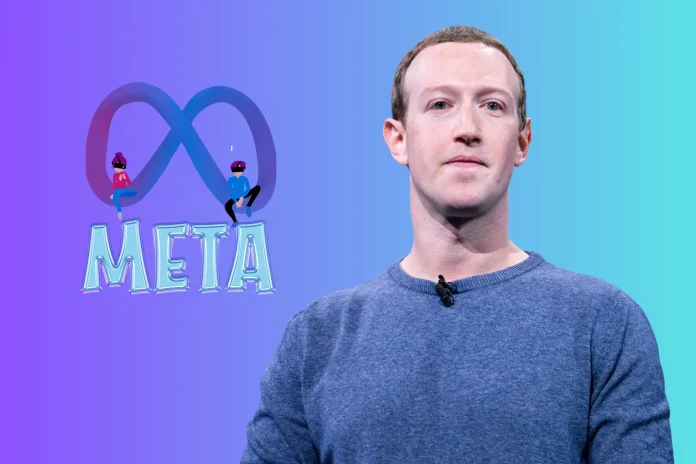Meta CEO Mark Zuckerberg has set his sights on a moonshot project: developing an Open Source AGI (Artificial General Intelligence) technology. This ambitious goal, announced last Thursday, marks a significant shift in Meta’s AI strategy and has sent shockwaves of excitement through the tech industry.
What is AGI?
AGI is a hypothetical type of AI with human-level or even superhuman intelligence. Unlike current AI systems, which are often narrowly focused on specific tasks integrated with robotics, AGI would be capable of learning, reasoning, and adapting to novel situations in a way that mimics or even exceeds human capabilities.
AGI remains the holy grail of AI research and its enormous potential benefits. It could revolutionize fields like healthcare, materials science, and space exploration. However, the development of AGI also raises grave ethical concerns about job displacement, data misuse, and even the potential for AI to outstrip human control.
Meta’s Play to Create Open Source AGI for All
Zuckerberg’s vision for AGI is unique in its emphasis on open-sourcing this vast technology. It means that Meta would not only develop the technology itself but also make it freely available for anyone and everywhere to use and build upon. This approach perfectly contrasts the big AI models developed by other tech giants like Google Gemini and xAI Grok.
Post by @zuckView on Threads
Why Is Open Source AGI Important?
Zuckerberg argues that Meta’s open source AGI is essential for ensuring its safe use and beneficial development. By making the technology transparent and accessible to a broader community of researchers and developers around the globe, he hopes to minimize the risks of misuse and bias and promote transparency. Additionally, open-sourcing Artificial General Intelligence could speed up its development by allowing researchers around the world to collaborate and build upon each other’s work without being afraid of digital infringement.
Challenges Ahead
Zuckerberg’s vision is not just to achieve AGI; he wants to democratize it, and the road to developing and open-sourcing AGI is filled with challenges. The technology is still in its early stages, and though everyone has an optimistic viewpoint about it, there are no guarantees of its success. Meta will need to overcome significant technical difficulties and complex problem-solving, as well as address the ethical and societal concerns surrounding the AGI. Additionally, open-sourcing, such a powerful technology, raises many new questions about power and control.
Future Implications
The consequences could be profound if Meta succeeds in developing and open-sourcing AGI. It could lead everyone into a new era of technological advancement, handling and promoting scientific and societal progress and redefining the relationship between humans and machines. However, it is also essential to consider the potential risks, such as job displacement and the misuse of AGI for destructive purposes; these could pose serious threats to humanity.
The Road Ahead
Zuckerberg’s announcement clearly signals Meta’s commitment to becoming a leader in the evolving field of AI. The company’s plans to develop an open source AGI are ambitious and daring, but they also reflect a deep understanding of the potential transformative power of this technology. Whether or not Meta succeeds in achieving its goals to create open source AGI, its efforts are sure to shape the positive future of AI for years to come.
Zuckerberg’s announcement marks a crucial turning point in the race to develop AGI. The success or failure of Meta’s ambitious open source AGI project will have profound implications for the future of technology and society. We can only wait and see what the future holds, but one thing is sure: the development of AGI will be one of the most defining technological challenges and advancements of our time.



